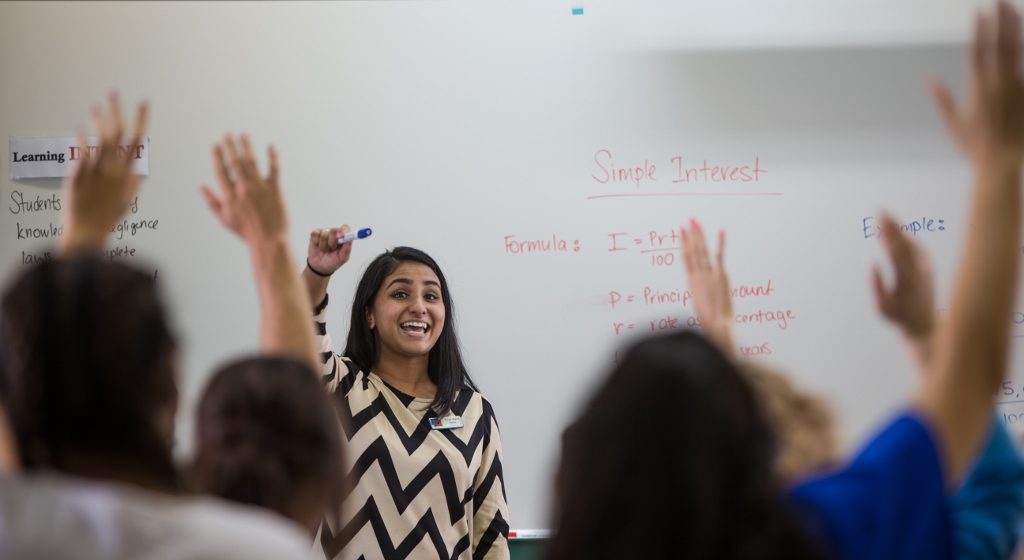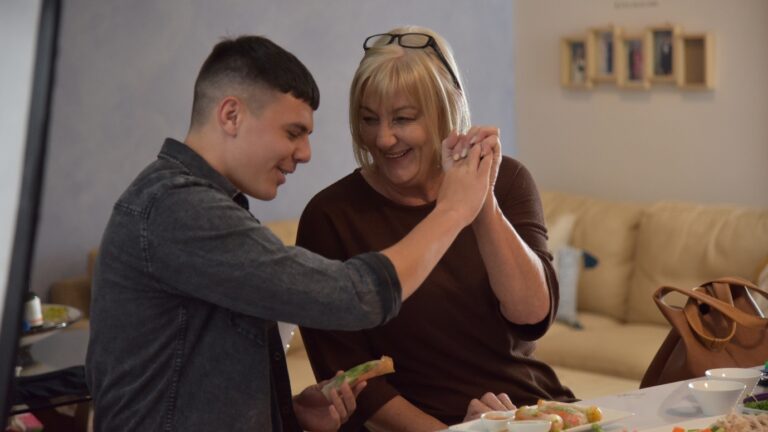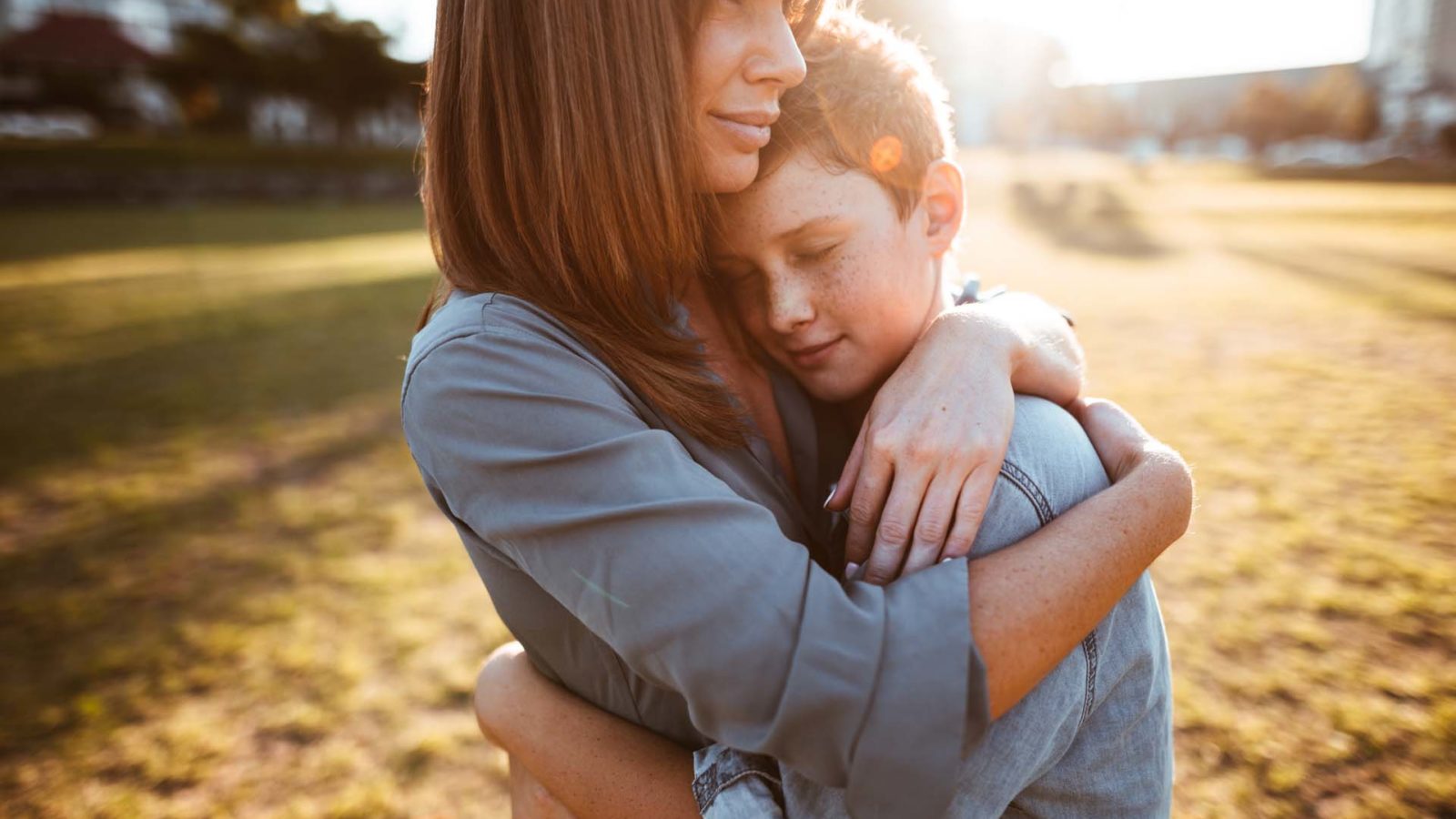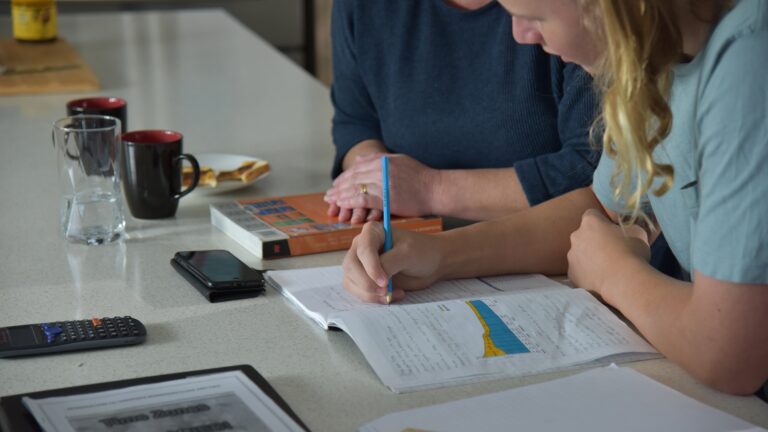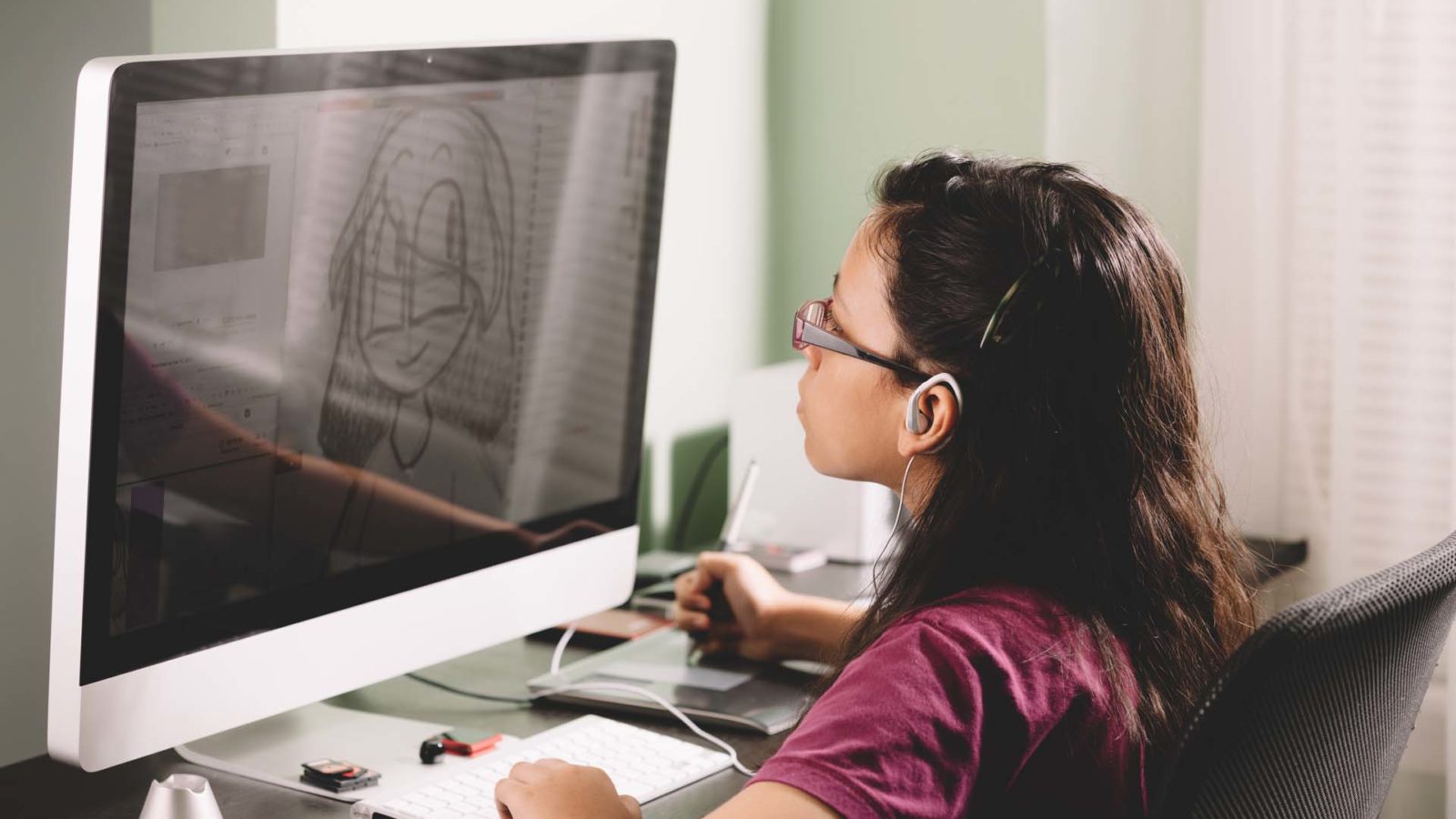School and COVID-19 in 2022
Despite a short delay to the schooling year, Queensland state schools are now operating under COVID normal conditions. This means there are no restrictions, lockdowns or closures in place. There are however, a number of safety measures in place for confirmed cases and close contacts.
How can I help my child get ready to return to the classroom?
Change can be hard for kids and there’s been a lot of change with COVID-19. Your child may have more change to deal with and may experience some anxiety. Here are some things you can do to help your child in their return to the classroom:
- Talk to your child about what is happening and let them know you are there to support them.
- Have these conversations early so your child has time to get used to what is changing.
- Make these conversations positive by encouraging your child to reflect on the fun times they’ve enjoyed at school.
- Maintain a routine at home and make sure your child gets enough sleep and exercise so they are more relaxed about returning to school.
- Remember that your child’s school can answer any questions you have so give them a call and have a chat.
My child is saying they don’t want to go back to school. What can I do?
As we all go through changes due to COVID-19, kids are being asked to adapt to some adjustments in the way school works. While some kids will welcome the chance to return to school, others will find this change hard and want to stay home. If your child is reluctant to go back to school, it’s really important you talk to the team at your child’s school so they can work with you to support your child’s return to the classroom. Encourage your child to think about the positives of being back at school so they can see the advantages of these new arrangements. For some kids, it might be the chance to sit and have lunch with their friends. For other kids, it could be the prospect of learning in a group with their friends, rather than doing all their learning at home on their own. Read more about being positive about school at home. Establish a morning routine to help your child deal with their return to school. Routines help young people deal with change and we know from research that routines can help teenagers navigate their daily lives. A regular morning routine will also help them prepare for their school day, whatever that looks like for them right now. You can read more about creating a morning routine that works here.
What can I do to help my child feel more positive about returning to school?
Encourage your child to think about the positives of being back at school. For some kids, it might be the chance to sit and have lunch with their friends. For other kids, it could be the prospect of learning in a group with their friends, rather than doing all their learning at home on their own. Try and find something positive about being back at school to help your child see the advantages of these changes in their school routine. Remember to be positive about your child’s school and promote the value learning because children watch and copy what their parents say and do. It may also be helpful to spend some time with your child talking about what they’ve achieved and how their efforts will prepare them for their return to school. Consider doing something fun together to mark your child’s transition back to school such as decorating a folder or pencil case, making a card to give their teacher or a friend at school, or baking something for them to take in their lunchbox on their first day back.
How can I make sure my child keeps learning during their return to school?
Your child’s teachers will guide you in what your child needs to do when returning to school. Try and establish a morning routine so your child feels prepared and ready to learn when they get to school. And be positive about the value of learning – whether it’s at home or at school – when you talk to your child. Remind them that sticking with school and learning will help them in everything they do later in their life.
How do I discuss COVID-19 with my children?
It’s natural for some children and young people to experience worry and anxiety at a time like this. To help alleviate any anxiety your children may experience, discuss Coronavirus openly with them in a positive and hopeful way and try your best to answer their questions. If you have young children, you can watch this video with them or download this e-book to read to with them. Schools also have staff available to provide extra support to students who may be anxious. If you are concerned about your child’s wellbeing, contact their school to ask what additional support they can provide.
My child is anxious about COVID-19. How can I support them?
A little anxiety is a normal response right now. Kids pick up on their parents’ stress and anxiety, so it is important you focus on the positives like experiencing more family time, keeping friends and family safe, and enjoying fun rituals like family movie nights. Setting up regular times to check-in and talk about things like, ‘three things I enjoyed doing today’ can be a valuable way to focus on the positives. But it is also important to be attuned to when anxiety is beyond what is considered normal and to seek help for both you and your child. Here is a list of some organisations that are ready to offer you and your teen help should you need it:
- Connect with eheadspace for free online support and counselling via phone on 1800 650 890 or visit the website at headspace.org.au/eheadspace/ for online chat or email options.
- Call Beyond Blue on 1300 22 4636 or visit the website at https://www.beyondblue.org.au/ to chat online to a qualified professional online.
- Your teen can contact Kids Helpline on 1800 55 1800 for free, private and confidential, telephone and online counselling.
I am struggling with everything. What can I do to take care of myself?
When you’ve got a lot going on, it’s important to take some time each day for yourself. Consider giving your kids an activity each day where they won’t need you for 30 to 60 minutes and take some downtime for yourself. If you find you are struggling with all your commitments at home, consider reaching out to close family or friends who may be willing to help with care or supervision in your home. Find out more tips on how to look after yourself.
My child and I are really struggling to cope and I feel like we are at breaking point. What can we do?
At any time you feel you or your child are not coping with education, please contact your child’s school or Department of Education regional office who will be able to help you. Additionally, we’ve compiled a range of resources for parents and carers.
Remember: there is always help at hand. The following services are available so please reach out if you need to:
Lifeline
Counselling services for anyone at any time.
Phone 13 11 14
Beyond Blue
Information and referral for depression and anxiety.
Phone 1300 224 636
Parentline
Support, counselling and education for parents.
Phone 1300 301 300
Harmony Place
Mental health services for culturally and linguistically diverse people and communities.
Phone (07) 3848 1600
Men’s Line
Telephone and online support, information and referral service to help men with relationship and other problems.
Phone 1300 789 978
MiNetworks
Connects you to an experienced mental health worker to find information and support.
Phone 1800 985 944 or go online.
Where can I find out more?
Queensland Department of Education frequently asked questions for parents, carers, students, schools and early childcare providers
Centrelink and Medicare information and services
Australian Government latest updates
Last Updated: 24 June 2022

